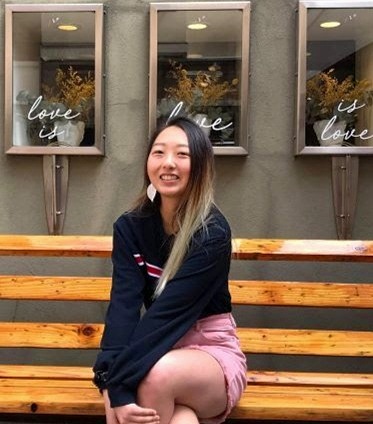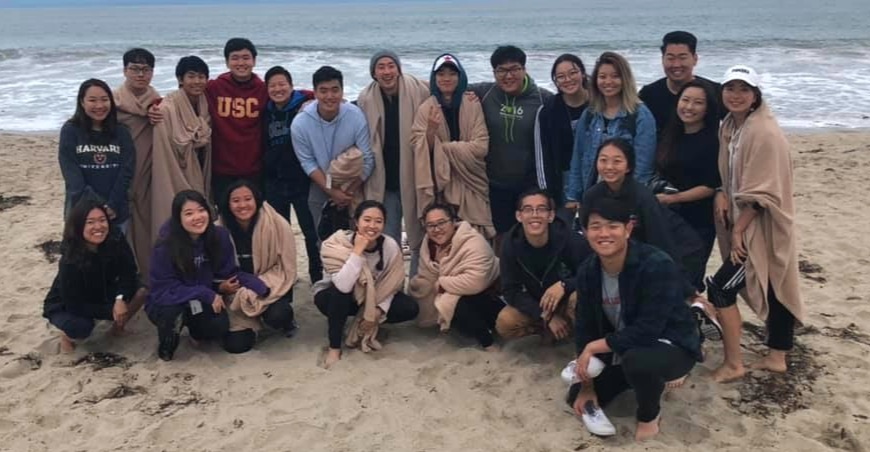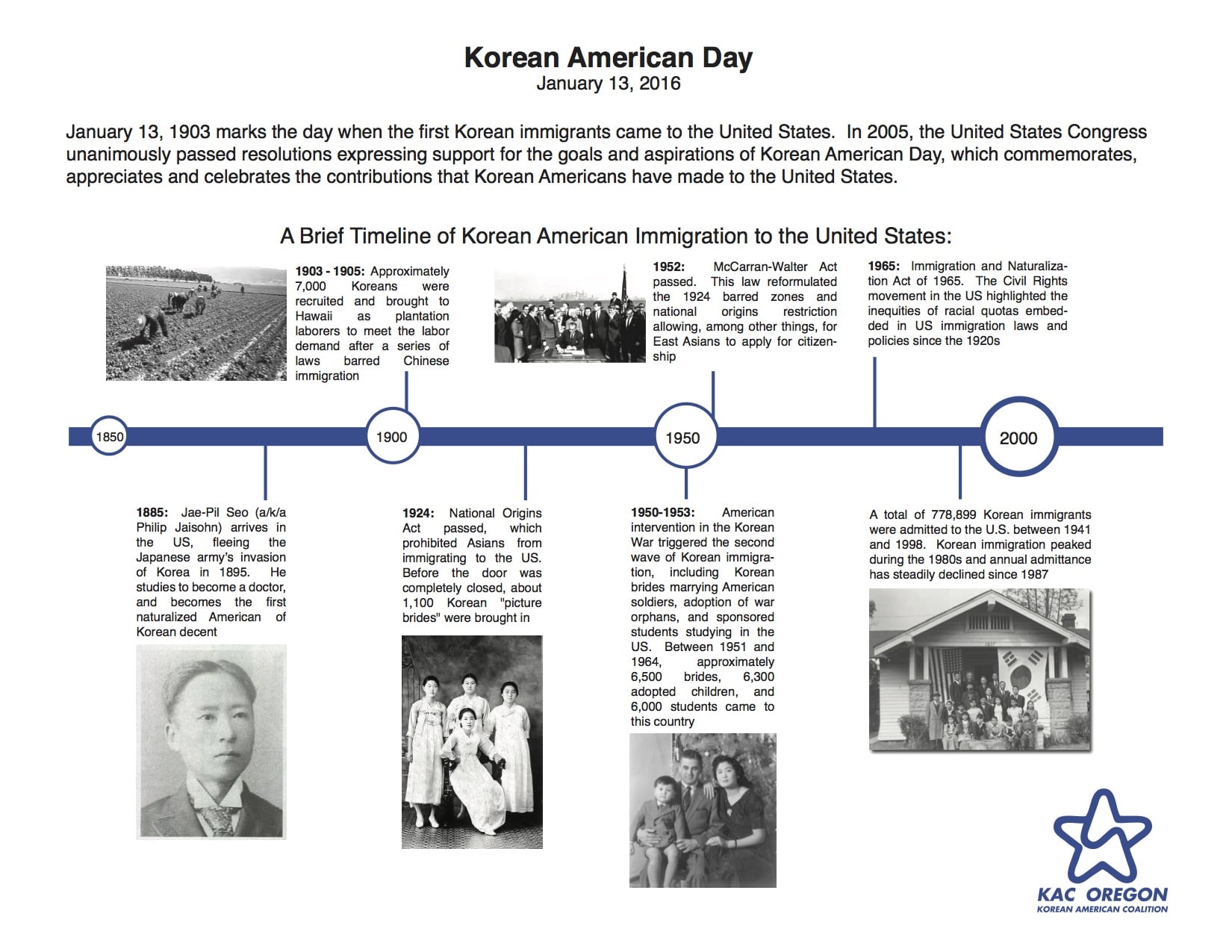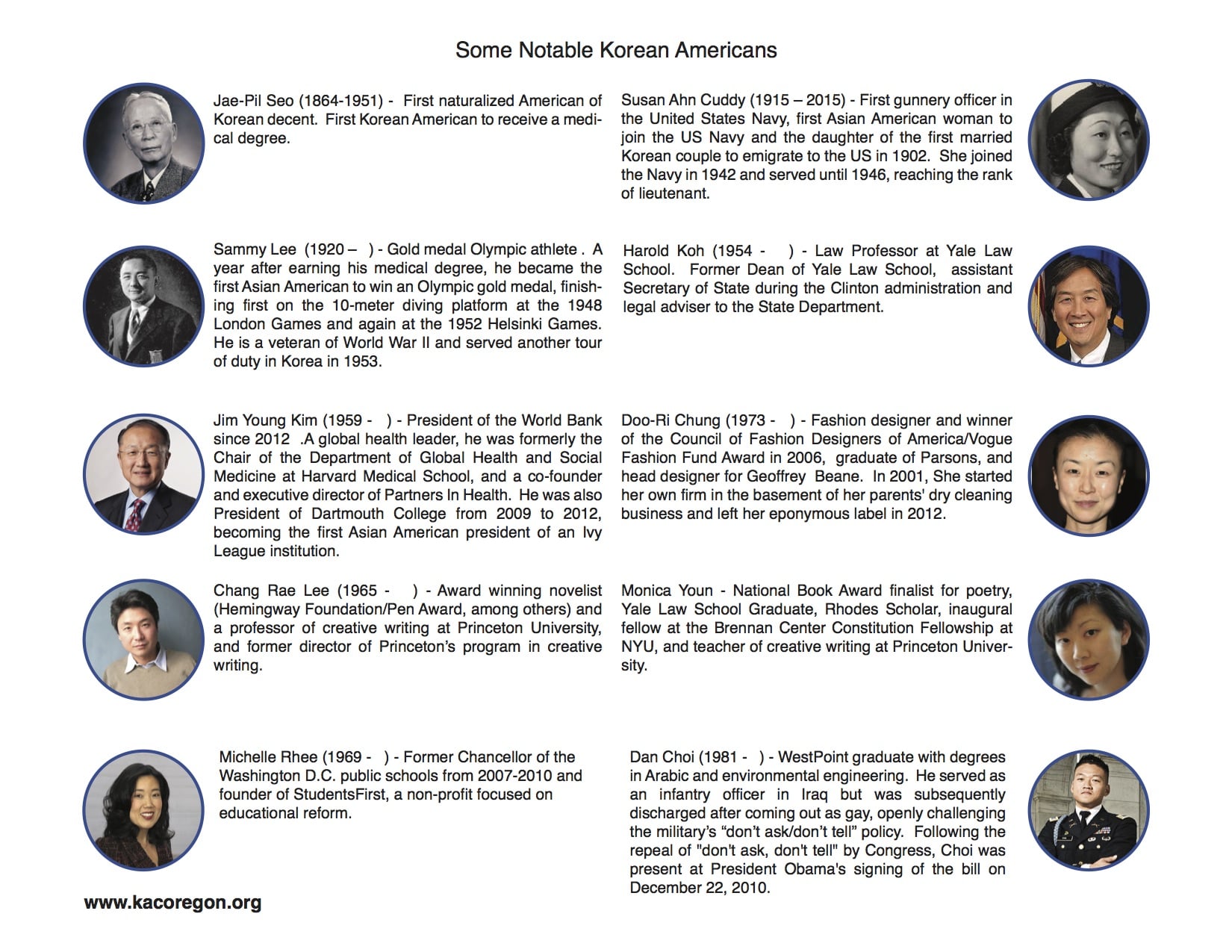This contest is sponsored by the Korean American Coalition of Oregon (KAC Oregon), organizer of the Portland Korean Food Festival. KAC Oregon and festival organizers reserve the right to alter, suspend or conclude the contest at any time.
No purchase is necessary to participate, and purchasing a ticket to the festival will not improve the odds of winning. To enter the contest, it is not necessary to like the KAC Oregon or Portland Korean Food Festival Facebook pages or any of the posts on either page.
You have not yet won. By entering the contest, you agree to abide by all rules and decisions of the festival organizer(s) regarding the administration of the contest.
Eligibility: Entrants must be at least 18 years of age, must be U.S. residents, must be Facebook account holders and must not have already purchased a ticket to the festival as of Tuesday, Aug. 16, 2016, at 12 noon PST. Festival organizers do not discriminate on the basis of gender or gender identification, sex, national origin, race, ethnicity, religion, marital status, sexual orientation, ability, use of a service animal or honorably discharged veteran or military status.
The following are not eligible: members of KAC Oregon’s board of directors and their families, festival sponsors and their families, participating chefs and restaurant staff members and their families and event volunteers and their families.
Consent: By entering the contest, participants grant KAC Oregon and the Portland Korean Food Festival rights to use their contest entry, name and photo for all future festival promotions.
Prize description and collection: One winner will receive two free general admission tickets (approximate value: $140 USD) to the Portland Korean Food Festival. Each general admission includes 12 single-course dishes, in addition to unlimited non-alcoholic beverages and entry to the festival at 2 p.m.
Other expenses incurred at or with the festival, including additional items purchased at the festival and travel expenses, are not included in the prize. Tickets cannot be sold or transferred by the winner or his or her guest.
The tickets can be claimed only by the winner at the Portland Korean Food Festival, held Sunday, Aug. 28, 2016, at the Ecotrust building, 907 NW Irving St., Portland, Oregon. Tickets may be claimed only between 2 p.m. and 5 p.m. The winner must provide valid identification (a U.S. driver’s license or passport) at the time of ticket collection.
Any local, state and/or federal taxes are the sole responsibility of the winner.
KAC Oregon and festival organizers are not liable for any injury, illness, allergic reaction and/or damages that the winner and/or his or her guest and their property may incur as a result of attending the Portland Korean Food Festival. Contest entrants, the winner and his or her guest agree to release KAC Oregon and the Portland Korean Food Festival from any liability related to the festival.
How to enter: Participants should share what Korean food means to them by commenting on Portland Korean Food Festival’s Aug. 12, 2016, Facebook post announcing the contest or by messaging the page with their response. Portland Korean Food Festival’s Facebook page is https://www.facebook.com/kfoodfest.
Only one response per Facebook user will be considered. All responses may become public. Interested parties who do not wish to have their name and response become public should not enter the contest.
Per Facebook promotional guidelines, posts on Facebook users’ personal or friends’ timelines or on shared posts will not be considered. By entering the contest, participants release Facebook from liability. This promotion is in no way sponsored, endorsed or administered by, or associated with, Facebook.
Responses deemed by festival organizers to be lewd, inappropriate, irrelevant, untimely, explicit, violent, illegal, pornographic or otherwise offensive may be disqualified, and comments that may be construed as any of the above may be hidden or deleted.
Initial entry period: The contest will be announced on Facebook on Tuesday, Aug. 12, 2016, at 12 noon PST. Entries must be submitted by 12 midnight PST on Sunday, Aug. 21, 2016.
Finalist determination: At their sole discretion, festival organizers will select three finalists by Tuesday, Aug. 23, 2016, at 6 p.m. PST. Finalists will be chosen based on the originality and quality of their responses.
The three finalists will be announced on Facebook by Tuesday, Aug. 23, 2016, at 9 p.m. PST.
Winner selection, notification and announcement: Facebook users will have until Thursday, Aug. 26, 2016, at 5 p.m. PST to vote on the winner via Facebook. The response that receives the most votes will be deemed the winner. Festival organizers reserve the right to investigate any suspected cheating or tampering with the results. In the event of a tie, festival organizers will determine the winner.
The winner will be notified via Facebook. Once the winner has been notified, his or her name will be announced on the Portland Korean Food Festival Facebook page.
Contact KAC Oregon: KAC Oregon can be reached at 7650 SW 81st Ave., Portland, OR 97223; 971-270-0302; kacoregon@gmail.com; and/or http://kacoregon.org.






















